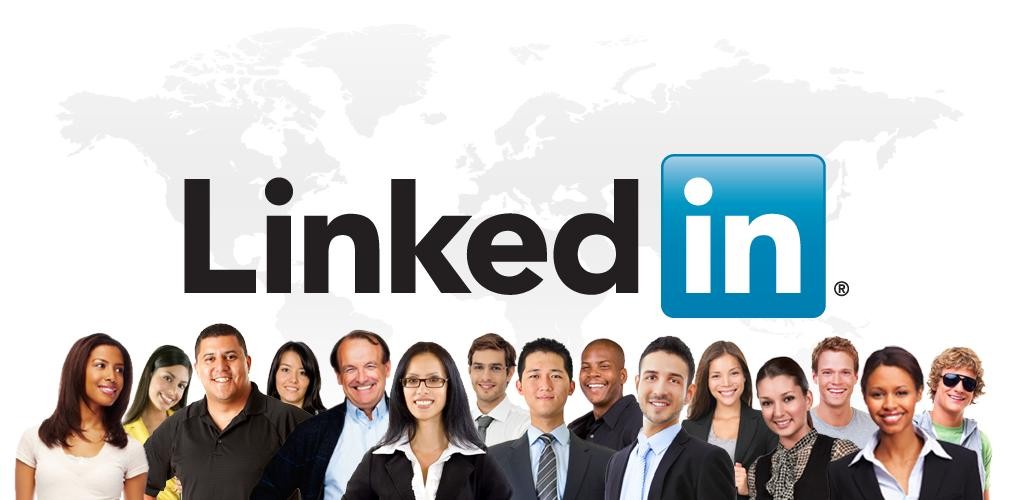
LinkedIn is the most “professional” of the top social networks, and is most popular with business-to-business users and those looking for jobs. Individual users’ profiles are tantamount to an online resume (complete with recommendations and endorsements) and, like Facebook; connections between users must be confirmed by both parties. Businesses and organizations can create pages that outline the who, what, and where of their operations, and in fact, many businesses use it to recruit (and check references) for new hires.
You can access the One of a Kind Solutions page here.
Two of the biggest benefits of LinkedIn are the community (“Groups”) and question areas, which tend to be more professional in nature than those found on Facebook or Twitter. (It’s one reason why LinkedIn is most popular with a business-to-business audience, rather than a business-to-consumer audience.) Answering questions in your area of expertise is a great way to establish you and your business or organization as an expert. LinkedIn is highly recommended for promoting a business-to-business event or communication since it is a professionally-oriented network.

Tip for Success
Participants in LinkedIn’s Group forums are an active bunch who are looking for information and insight. Find the groups and discussion threads that are most relevant to your line of business
or organization and add your expertise to the mix.
What’s good about LinkedIn?
- The “six degrees” nature of the site allows you to reach out to new people through your existing connections.
- Profiles are straightforward and connections are easy to make.
- It’s a place where requests for endorsements are both welcome and expected.
- It allows for questions and answer inquiries with a professional slant.
- It’s a great place to look up background information on people before a meeting or phone call.
What’s not so good about it?
- Job seekers tend to be more active on the site than those already employed.
- People use the site for purely professional purposes, so marketing messages are not always welcome.
- While other sites like Facebook and Twitter are common “hangouts” for people, LinkedIn is typically used for business purposes and thus doesn’t play as active a role in people’s daily lives.
